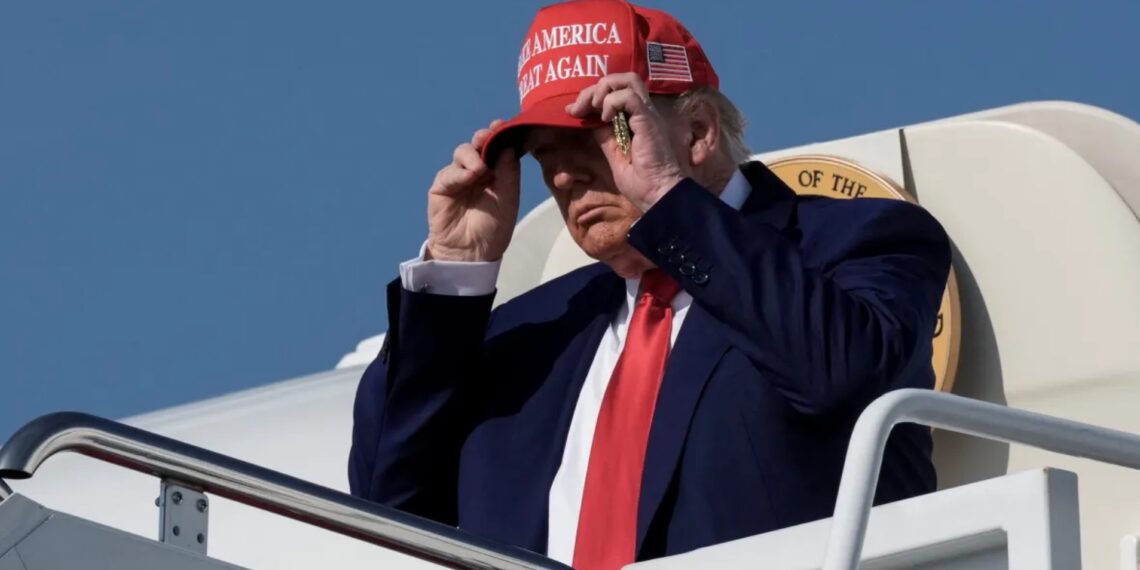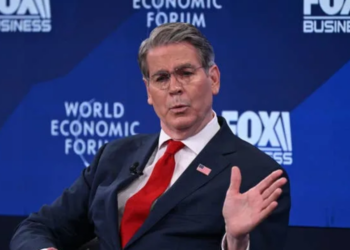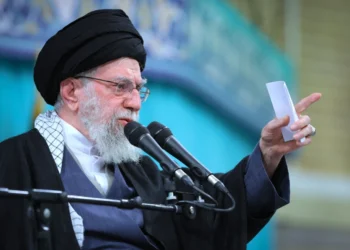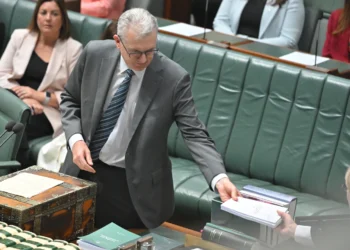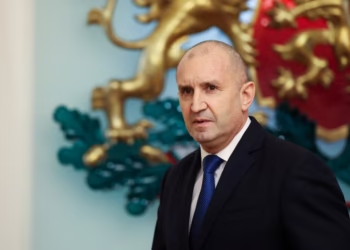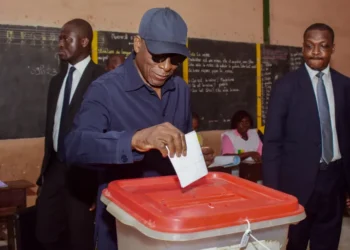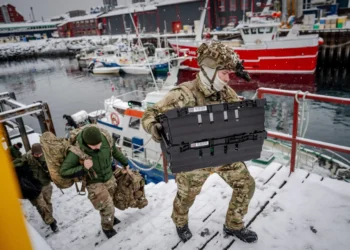WASHINGTON (Realist English). World leaders issued a flurry of statements in response to President Donald Trump’s announcement that the United States had launched a “very successful attack” on three Iranian nuclear sites, including the fortified Fordo facility. The strike marks a dramatic escalation in US-Iran tensions and is already triggering sharp diplomatic fallout.
Posting on Truth Social, Trump declared:
“This is an HISTORIC MOMENT FOR THE UNITED STATES OF AMERICA, ISRAEL, AND THE WORLD. IRAN MUST NOW AGREE TO END THIS WAR.”
Israel applauds, UN and others raise alarm
Israeli Prime Minister Benjamin Netanyahu, appearing on national television shortly after the strikes, praised the operation:
“Trump’s bold decision will change history. President Trump and I often say: ‘Peace through strength.’ First comes strength, then comes peace. And tonight, Donald Trump and the United States acted with a lot of strength.”
In stark contrast, United Nations Secretary-General António Guterres issued a grave warning, saying the US strikes represent a dangerous escalation in an already volatile region:
“There is a growing risk that this conflict could rapidly get out of control – with catastrophic consequences for civilians, the region, and the world. There is no military solution. The only hope is peace.”
Iran denounces US attack as “lawless aggression”
Iranian Foreign Minister Abbas Araghchi condemned the airstrikes as a violation of international law and the UN Charter, stating that Tehran “reserves all options” for retaliation:
“The events this morning are outrageous and will have everlasting consequences. In accordance with the UN Charter, Iran reserves all options to defend its sovereignty, interests, and people.”
Araghchi emphasized that the US strikes hit what he described as “peaceful nuclear installations” in Fordo, Natanz, and Isfahan, calling it a “grave violation” of the Non-Proliferation Treaty.
Global condemnation from Latin America, calls for restraint in Asia-Pacific
A chorus of condemnation followed from Latin American allies of Tehran. Venezuelan Foreign Minister Yván Gil accused Washington of acting at Israel’s behest and demanded an immediate halt to hostilities.
Cuban President Miguel Díaz-Canel called the bombing a “dangerous escalation” and warned it “plunges humanity into a crisis with irreversible consequences.”
In contrast, Mexico’s Foreign Ministry took a neutral stance, urging all parties to pursue “diplomatic dialogue” and calling for “peaceful coexistence” in the region.
Australia echoed these calls for de-escalation, with a government spokesperson telling Reuters:
“The security situation in the region is highly volatile. We continue to call for de-escalation, dialogue and diplomacy.”
Meanwhile, South Korea’s presidential office announced it would convene an emergency meeting to assess the implications of the US strike, according to Reuters.
With responses still coming in, the global diplomatic landscape remains highly fluid. While close US allies have issued cautious statements urging calm, several countries are preparing for potential regional spillover. Iran’s next move — whether military, diplomatic, or both — may determine whether this strike remains a contained operation or the opening of a wider, more dangerous conflict.


